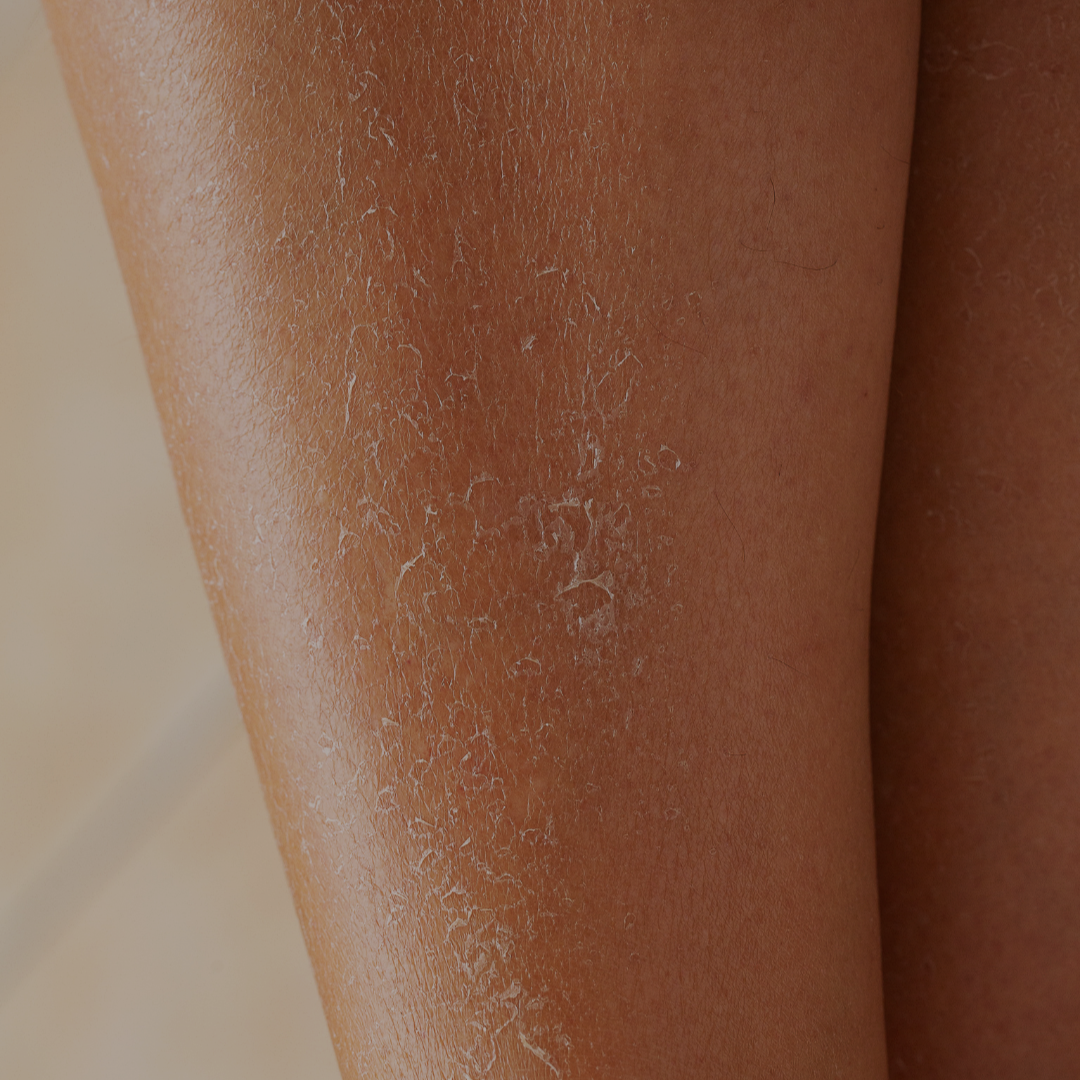What is in sunflower seed oil?
Sunflower oil contains several compounds that are beneficial to the skin. This includes:
- oleic acid
- vitamin E
- linoleic acid
Sunflower oil contains antioxidants such as vitamin E, which effectively protect the skin from environmental stressors (such as the sun) and free radicals that damage the skin. Sunflower oil is a non-comedogenic carrier oil that is highly absorbent and will not clog pores. It is non-irritating to most people and can be used on all skin types, including dry, normal, oily, and acne-prone skin.
Linoleic acid helps maintain the skin's natural barrier and supports its ability to retain moisture. When used externally, it also has an anti-inflammatory effect. This makes it a blessing for dry skin and diseases such as eczema.
Vitamin E is an antioxidant that can protect the skin from free radicals and the harmful effects of the sun such as premature aging and wrinkles.
How does sunflower oil work on the skin?
A small study found that topical application of sunflower seed oil accelerated wound healing. This could be due to the oleic acid content, which is beneficial for wound care.
Important instructions
Only suitable for external care use and for healthy skin. If you have sensitive skin, it is advisable to test the oil on a small area of skin first and observe the skin reaction.




